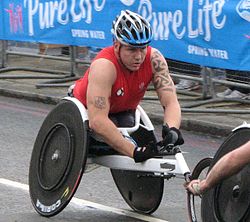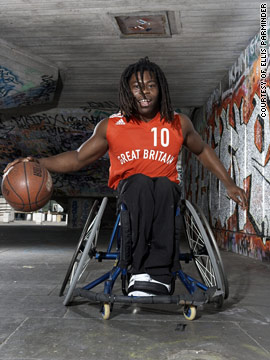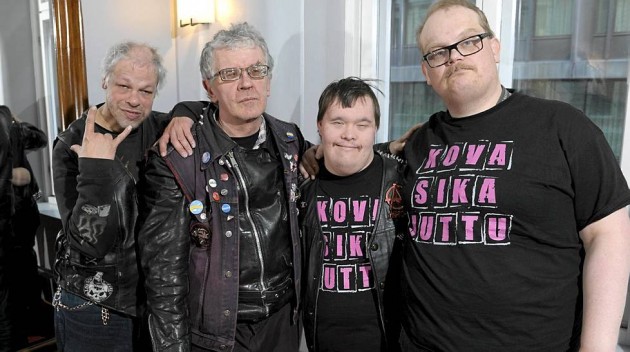
First of all, I would like to apologize for the long hiatus. Today's post is related to the reason for which I've been absent from posting for such a long time. I just didn't have any more free time and I really like to take my time and put all of my ideas in order when I write a post, so it's easy and enjoyable to read for everyone. So why have I been absent? I got a job!!! A full time awesome job which makes me feel complete.
But before getting the job (which is within a huge IT corporation), I faced many many interviews which ended with "Thank you for coming, we will call you soon to give you an answer." I found out that it can be pretty tricky to get a job as someone who has a physical disability even though my resume was flawless, I studied abroad and I had strong knowledge in my field. Everything seemed to be against me. But with every interview, I learned what I should say and not say when confronted about my condition... because most of the interviewers did ask me questions. They're not asking to be impolite or curious, but it's important to know if a future employee will be suitable for the position in every possible way, from a HR point of view. And there are some things which must be kept in mind:
1. Be confident
Don't freak out when they ask about your condition/wheelchair. Calmly explain that it will not get in the way of your daily activity and that it does not affect your productivity. If they see you that you're nervous, they might think that you are trying to make it seem as something that it's not, and it will make you look like someone who easily lose their calm. Smile, keep your head up and calmly answer all of their questions BUT don't go overboard: keep it real. Don't tell them that you can do things that you can not actually do on your own, because the lie will surface sooner or later and it will come back to get you. But since you're there, it would make sense that you know exactly what you will be dealing with day by day and that you know that you can handle everything.2. Don't act defensive
I know lots of people get offended when asked about their condition. Remember that the employer must know for sure that they are hiring people who can do the job. Not everyone knows exactly what you can do and what you can not do only by looking at you. Issues such as moving around the office, commuting to/from work or going to the bathroom (which if you can not handle on your own I believe that you can have your personal assistant help you with, but it depends on the country and company).3. Focus on your skills
If you were invited to the interview then you should have the necessary skills for the job and what you should do is present those skills the best you can. Make your value as an employer shine, and most interviewers won't even care anymore about your condition. A valuable set of skills is so important these days! And nothing else will matter...And with these being said, good luck! Don't lose hope if you don't get a job on the first try, it took me 1 full year. Keep trying and trying and you will not regret it. Believe in yourself and everyone else will do too!
 0
comments
0
comments






